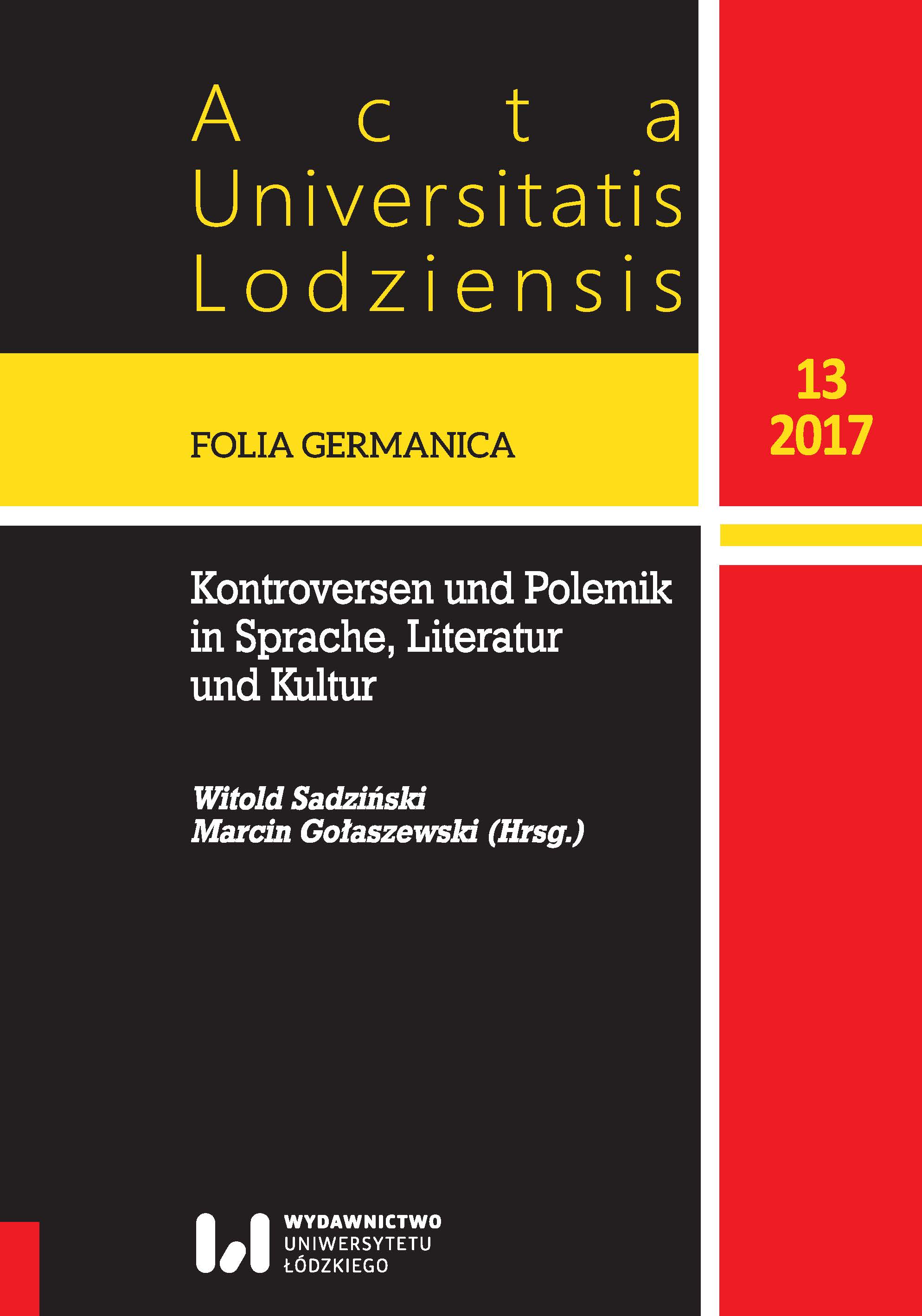
We kindly inform you that, as long as the subject affiliation of our 300.000+ articles is in progress, you might get unsufficient or no results on your third level or second level search. In this case, please broaden your search criteria.

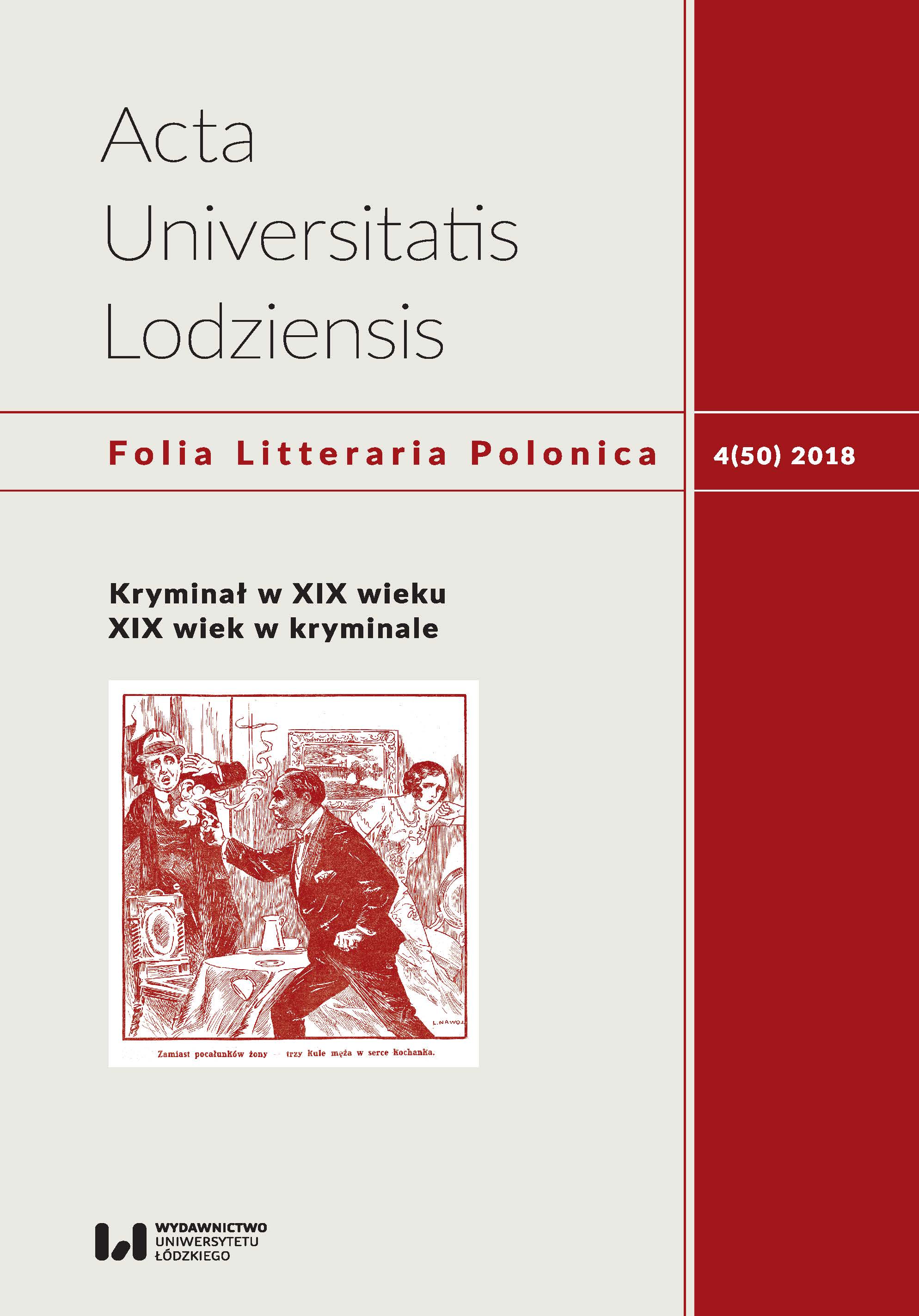
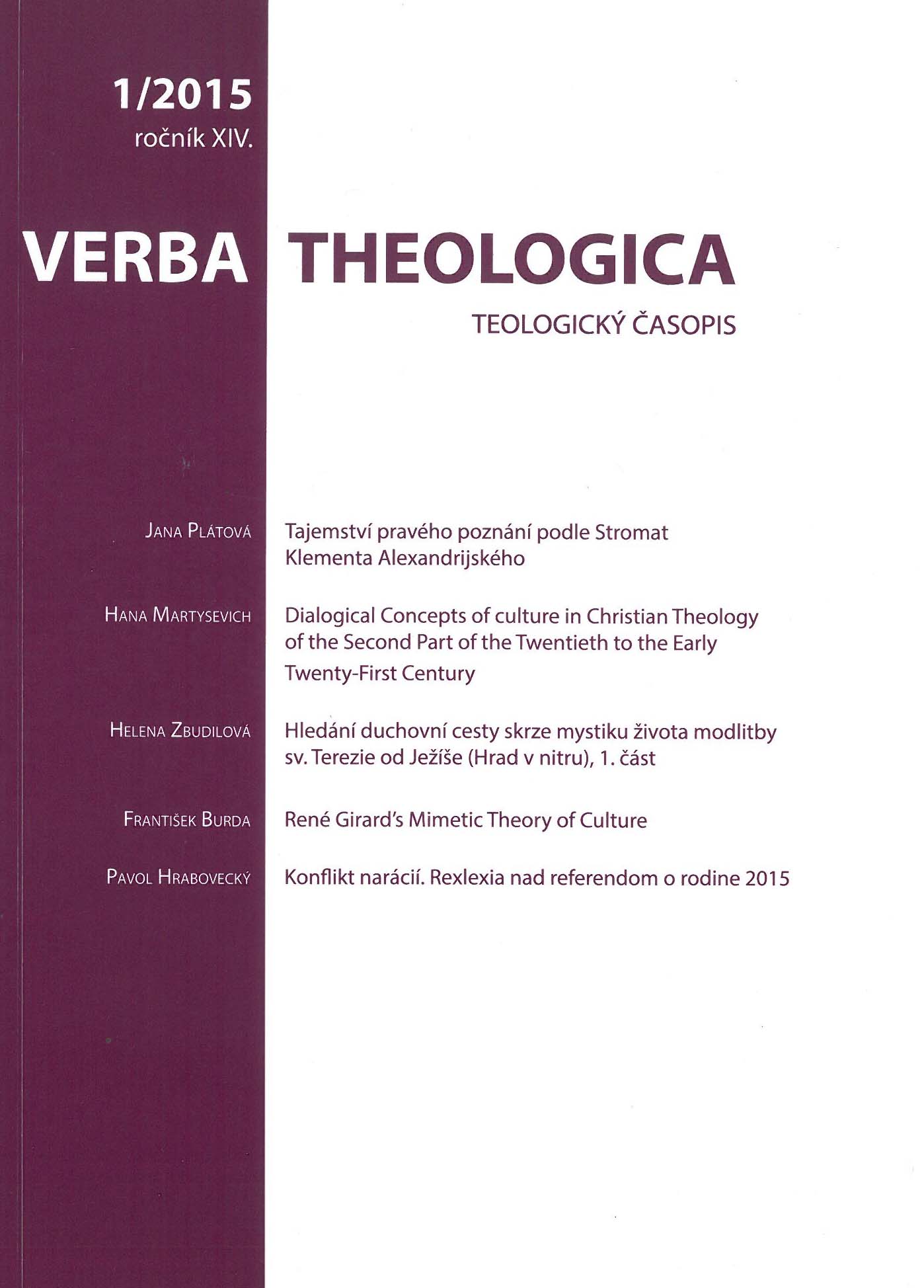
The article traces the theme of knowledge of God’s mysteries in Clement’s most signifi cant work, the Stromata. Clement’s epistemology starts with the premise that truth, that is, God himself, is transcendent and communicates itself secretly. God can be known only by faith, which is imparted only to those who are open to accept it. God makes himself known to man gradually, as is the case in pagan mysteries. Besides the true philosophy, the wisdom of Gentiles is the front door to the barbarian wisdom, that is, Christian theology. God’ son makes the believer privy to the truth about God. The believer, on his part, must imitate God’s son in his conduct.
More...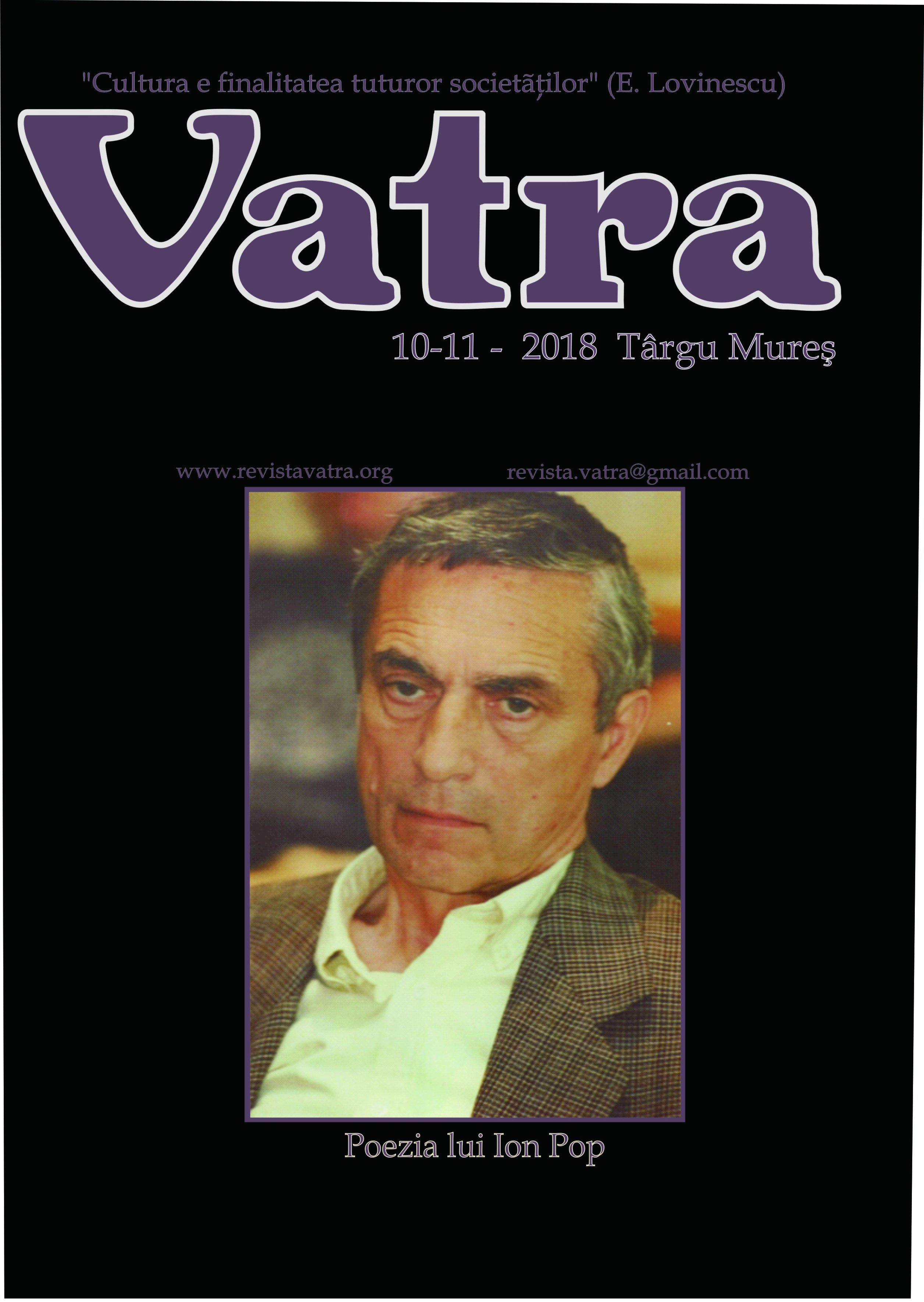

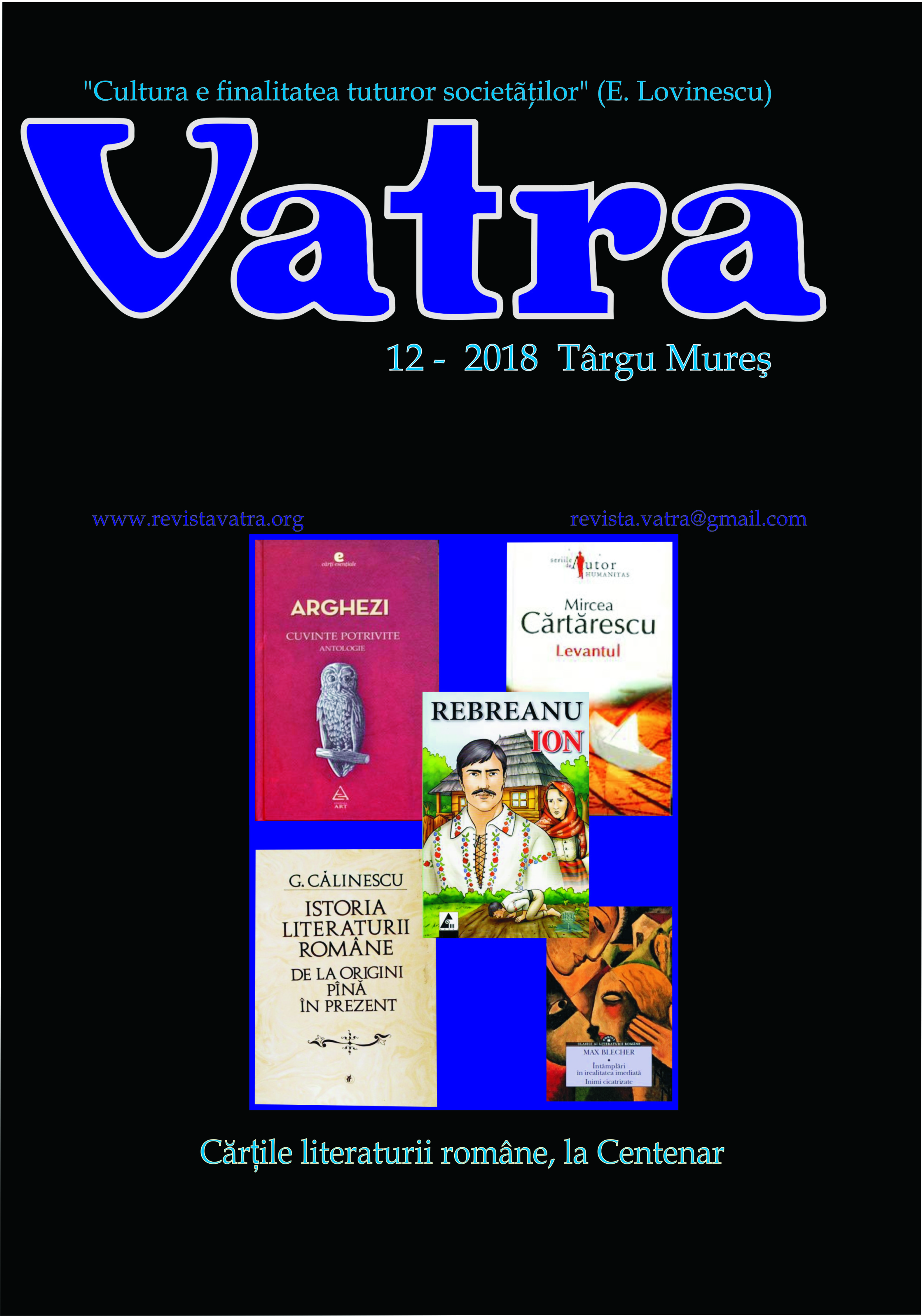
In his books, Marin Mincu was attracted by the great poets of Romanian literature, the critic looking to signal those aspects or less known and commented aspects.
More...
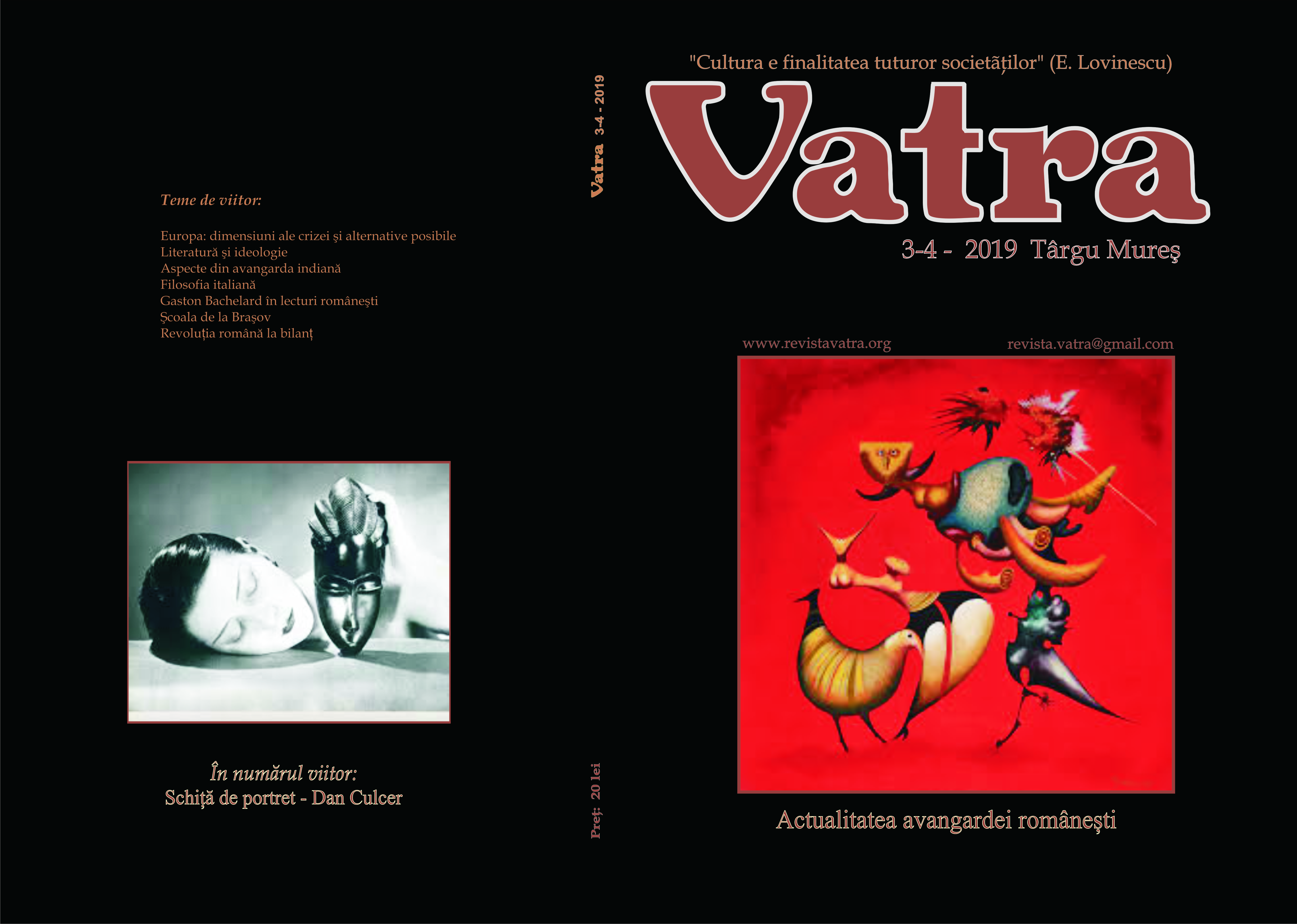
This text analyzes the connection between clothes and certain behavior in literature.
More...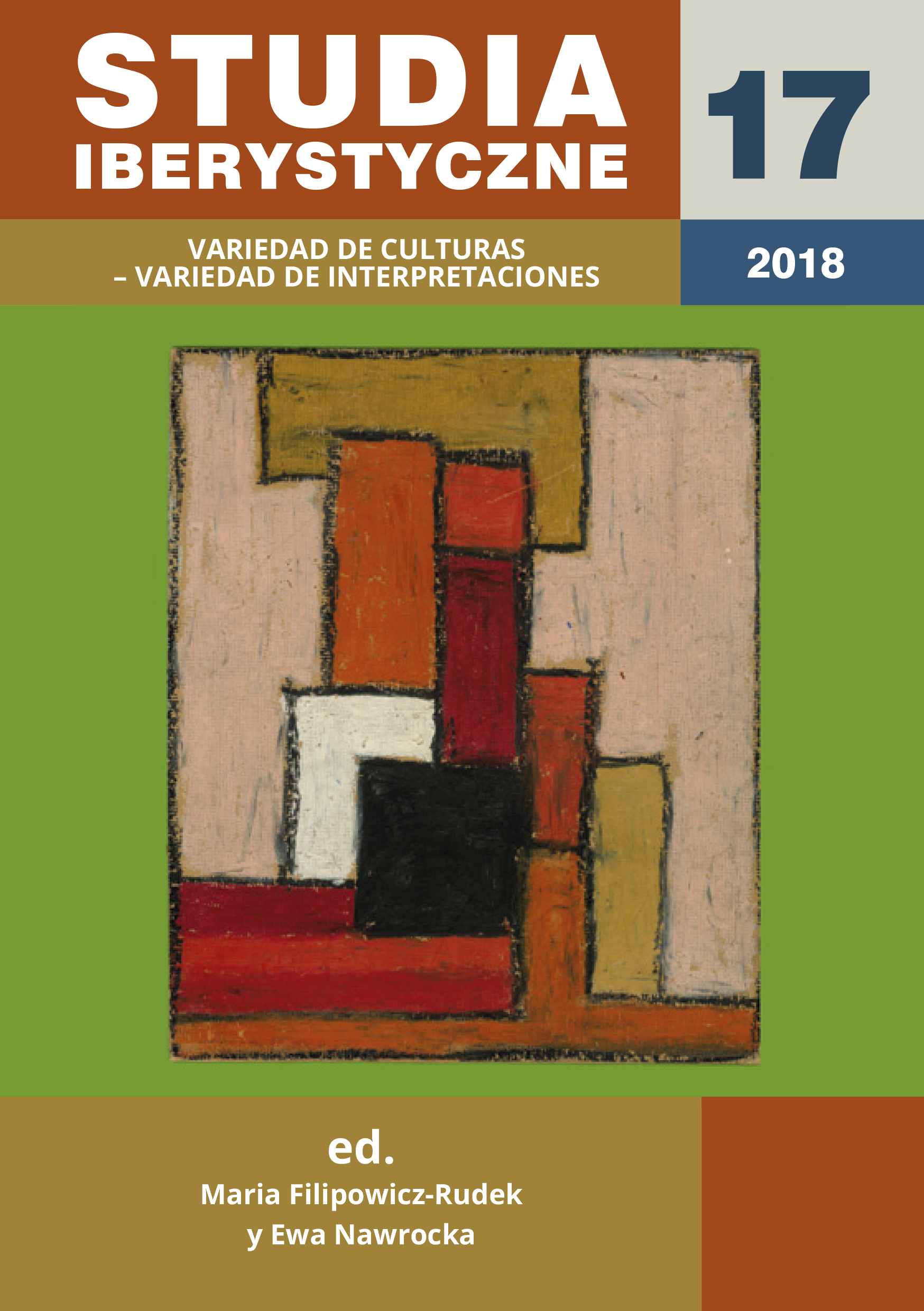
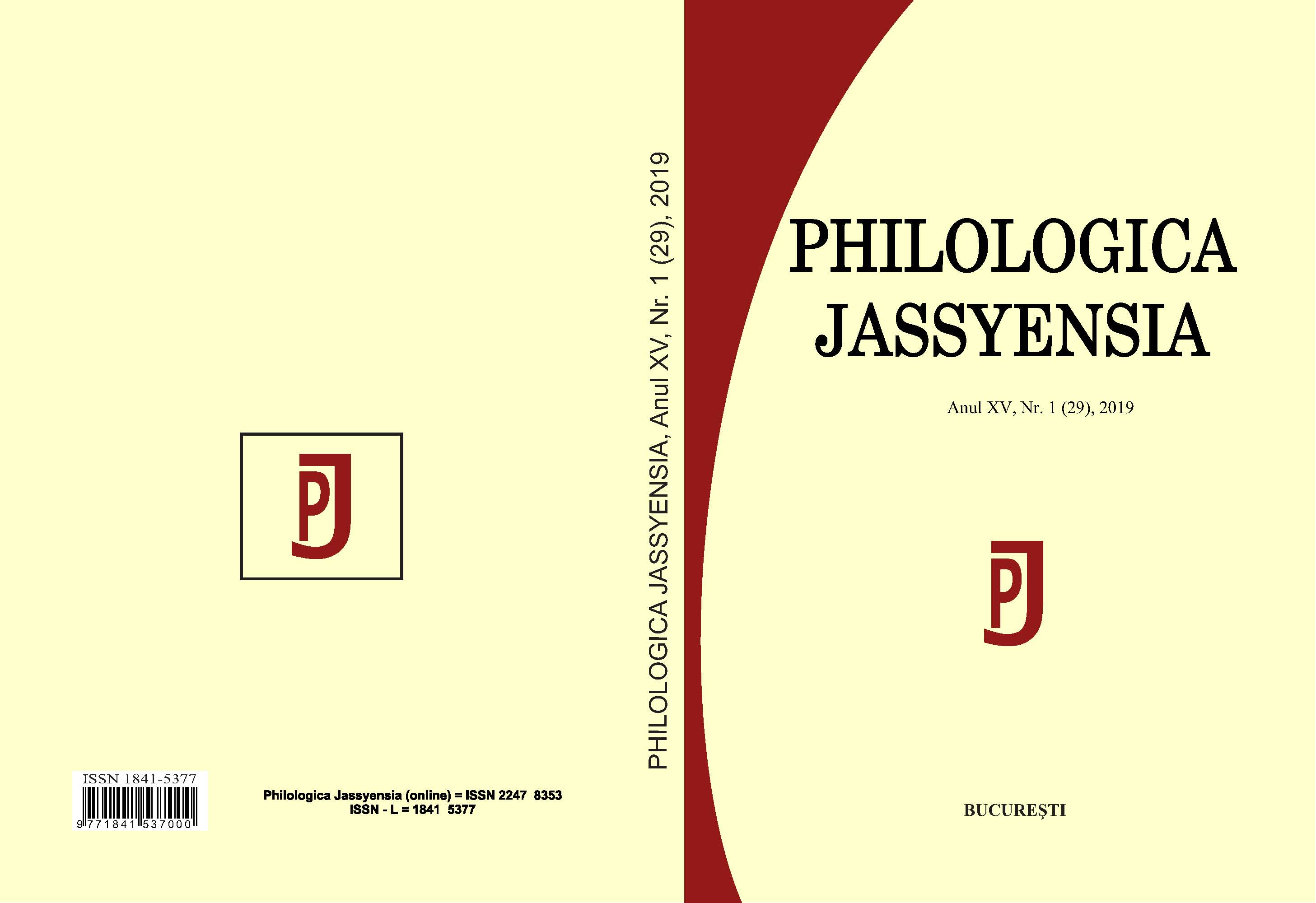
This study explores a neglected and unexpectedly problematic aspect of the inflexional morphology of the noun and adjective in nineteenth-century Vegliote Dalmatian. At issue is the masculine plural ending -i. Despite its resemblance to the plural ending -i of other 'eastern' Romance languages, such as Romanian and Italian, it is argued that this -i has subtly different synchronic and diachronic characteristics, and that it originates specifically in determiners and pronouns, thence spreading analogically to masculine nouns and adjectives in general.
More...
The problem of identifying Dimitrie Cantemir’s sources is an intricate one since the Romanian author becomes negligent when it comes to revealing them or is simply satisfied to mention the author’s name and sometimes work with or without reference to the book, chapter or page. As a result, it is difficult to assess whether a certain quotation was taken from a writer’s edition to which reference is made or via an intermediary source. A note of Stephanus Byzantinus’s geographical dictionary in a bilingual edition drafted by A. Berkelius seems to have provided him a series of quotations from ancient authors that Cantemir uses as such (in De antiquis et hodiernis Moldaviae nominibus), getting inspiration from the editor’s expressions even when formulating his comments.
More...
The ability to accurately express thoughts and feelings is formed by students most successfully when they have developed an attention to the semantics of any textual meaning of the word and its collocational patterns. This article shows how students can master the techniques of a componential analysis of lexical units. Highlighting not only core, peripheral, specific, species, connotative, potential and probability components, but also modified and actual, uncharged (inactive) and significant, induced and supported, or charged and muted, explicit and implicit, antonymous and evaluative components extend the boundaries of using componential analysis. The study and description of the content words indicate the possibility of componential variation in the structure of words meanings.
More...
Dialect vocabulary as the artifact of the national culture should be preserved, lexical decoded, analyzed and adequately described. The current investigation involves the culturological data revealed because of the analysis of the dialect language which makes an empirical basis for the description of the peculiar features of the mentality of dialect speakers. The paper focuses on the problem of studying dialect words with its aim to analyze the language speakers. The main attention is paid to the problem of the manifestation of the speaker in the dialect word-stock. The material for the study was Russian dialects of the Samara region — one of the regions of the Middle Volga, which is widely known in the scientific literature as the intersection of cultures and languages. We can see that the thematic groups of dialect words contain a number of cultural codes, revealing the external and internal characteristics of the person, positive and negative characteristics of appearance, linguistic features, different behavior patterns in the speech of native speakers.
More...
The paper focused on the Russian prose of the authors who, personally, from time to time or with generational insight, respond to the course and consequences of personal, political, military and social events in Russia at the beginning of the 20th century. The authors of the prose texts coincide with the events of the tenth to the thirties as authentic experience, observe the existential, moral, philosophical and confessional aspect of the demise of old Russia and the values enshrined in the political power of Soviet Russia.
More...
The author of the present critical outline and commentaries upon the complicated development of the Czech Russian literary studies comprise several parts dealing with the tradition of the Czech reception of the Russian phenomenon as such, with the methodological approaches towards Russian classical and modern literature. He accentuates the enormous politicalization of the Czech attitude to everything Russian and Soviet and the zigzag ways after 1945, 1948, 1968, and 1989 including the Soviet ideological impact and also the struggle for the independent Czech vision of Russian literature: these tendencies are consistently personified together with the differentiation of the centres of the Russian studies research in former Czechoslovakia and contemporary Czech Republic.
More...



